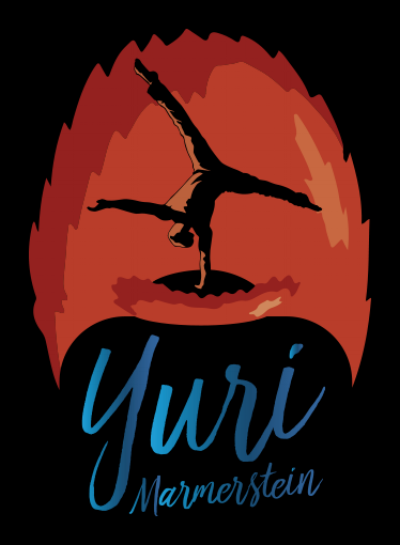The promise of achieving a high level in a short time. It’s so tempting.
It seems like either 30 days of 6 weeks is the magic number towards unlocking these achievements.
I’ve definitely been seeing this trend a lot recently in the fitness world, but it’s not anything new, nor it is isolated to only the fitness world.
I understand, it’s all just marketing. One of my modern definitions of being a good “marketer” is the ability to spout nonstop BS without breaking character. Think of R. Lee Ermey’s audition story for Full Metal Jacket, where he was cast as the iconic character Gunnery Seargant Hartman after he was able to hurl insults nonstop while being pelted with tennis balls.
Instead of insults, you have to keep talking about how your beneficial your product is and the great lengths you have gone to meticulously craft it, and how it will massively improve peoples’ lives.
This is beside the point though. I want to talk about selling this idea of the 30 day expert. Obviously it’s just a money-making ploy, but I don’t like the message that it sends.
First off anyone who is claiming this took much longer than 4-6 weeks to reach their own “expert level”. So this already smells of deception. Even still, would you want to learn skills from someone who only trained them for a month or two? I’m fairly sure we typically rank experience in years, not days.
Next, if we were able to achieve high levels so fast, the human race would have long ago ascended to godhood or singularity, regardless of paywalls.
Another thought to consider is knowledge versus experience. The former is something that’s more easily quantifiable and to some degree “collectible”. Theoretical knowledge of how to do something can be learned and regurgitated in a relatively short time, but the experience of doing it, not so much. Likewise, it’s a lot easier to show off one’s knowledge or certifications.
In addition, I feel that this concept can serve to discourage and discredit both students and teachers. Am I not a competent student if I can’t “master” a skill in 4-6 weeks? Likewise, am I not a good teacher if I can’t bring my students to “mastery” within that time frame?
If I claim a skill may take months or longer to learn depending on the individual, and someone else claims that mastery can be achieved within 30 days, are they a better instructor than I?
Of course, the 30 day thing is not complete BS; there are benefits and shreds of truth within it.
It’s not a completely unrealistic expectation, just for a very small percentage of the population. As an example, it took me over a year to learn how to backflip, but I’ve taught some people to do it in one day. Does that mean I am qualified to make a “LEARN HOW TO BACKFLIP LIKE A GYMNAST IN JUST ONE DAY” course? Let’s be realistic: the people who I taught to backflip in one day were already high level athletes with good body control. So it’s possible to learn the skill in that time, but not realistic for everyone.
Also, the 30 days mastery course can sometimes be a good gateway for people to begin to understand the bigger picture. If that’s what it takes to get you to start and then continue, then that’s not a bad thing. You can definitely get significantly better at something by practicing it for a month. Become a master? Not so much.
So what can we do to improve this mindset?
First off, let’s remove this negative stigma behind taking a long time to learn something. Everyone is on their own path, starts in different places, and learns at different paces. Learning a skill in less time than somebody else is not a claim to superiority.
I like to say that what comes quickly goes quickly. What is learned in a short time can be easily forgotten.
One of the most common questions I get is “how long” will it or did it take me to learn something. My answer is to stop chasing the shortest path and enjoy the journey. Let’s accept that real skill and real adaptation takes years.
Don’t forget to ask yourself why? Why are you doing this? There is no wrong answer as long as you’re honest with yourself. To help people? To make money? Just for fun? To be able to post about it and collect likes on instagram? Personal self development? To further your art/discipline? The answer to this will also help determine your standard of mastery. Someone who is training hand balance at circus school is going to have a very different standard and approach to someone who occasionally practices handstands in their yoga class or crossfit WOD.
Know the difference between doing something once and being able to do it. Doing it once does not mean you “own” it; it means you’ve done it.
Maybe we can stop using the words “master” and “expert” so casually out of the respect that it takes to truly understand something at a deep level.
Mastery is a never-ending process. There is no final goal, but continuous learning and refining. When you think you know, you’ve already lost.
As always, just trying to keep it real. What are your thoughts about 30 days to mastery? There’s no answer to this, just something to ponder.
Personally I’m getting sick with the modern “quick fix” culture.
